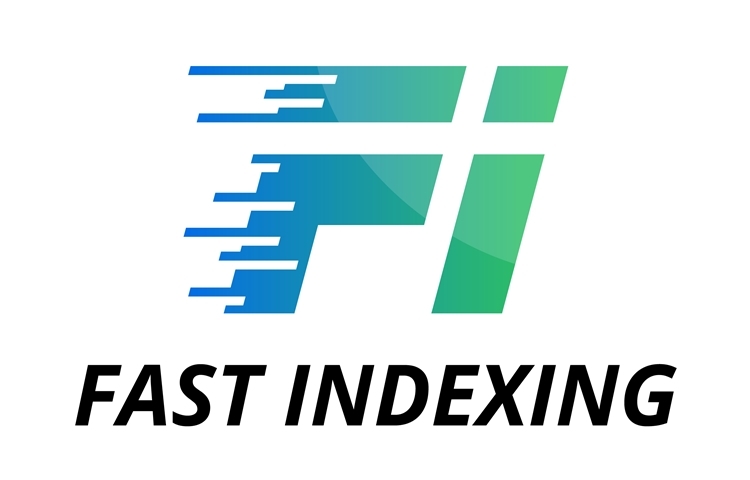18.09.2023
What kind of content will
not be indexed by Google?
not be indexed by Google?
What kind of content should you avoid publishing on your website if you want your pages to be indexed by Google?
On this page, we have gathered the main requirements from Google regarding website content. These pertain to the sanctions of the search engine, for which your website may be excluded from Google.

1. Blatant Spam
Applies to websites that aggressively employ a combination of spamming methods, including cloaking and other violations of webmaster guidelines.2. Low-Quality Content
Low-quality pages include:- Automatically generated content.
- Content lacking uniqueness.
- Copied content.
- Doorway pages.
3. User-Generated Spam
This type of spam is typically found on forums, in comments, guestbook pages, and user profiles.
4. Adult Content and Explicitly Sexual Materials
Google strictly prohibits the display of adult content on Discover.This means a ban on showing explicit nudity, sexually explicit materials created to promote sexual arousal, playlists or compilations featuring wardrobe malfunctions of celebrities or dedicated solely to nude body parts, and similar content.
The only exception is for scientific or medical terms related to human or sexual education.
5. Harmful Content
- Dangerous or threatening pranks that make victims fear serious physical harm or cause severe emotional distress to minors.
- Instructions on murder or causing harm, showing viewers how to perform actions aimed at killing or injuring others, such as providing instructions on creating a bomb designed to hurt or kill others.
- The use or creation of hard drugs; this includes content depicting drug abuse or instructions on making powerful drugs like cocaine or opioids. Hard drugs are defined as drugs that can lead to physical addiction (in most cases).
- Eating disorders; content glorifying or encouraging viewers to imitate anorexia or other eating disorders. Eating disorders are characterized by abnormal or disturbed eating habits that negatively affect a person's health (including the consumption of non-food items).
- Events involving violence, advocating or glorifying violent tragedies, such as school shootings.
- Theft with instruction or fraud, such as demonstrating to viewers how to steal material goods or promoting dishonest behavior.
- Hacking. This means demonstrating how to use computers or information technology to steal account information, compromise personal data, or cause serious harm to others, including hacking into social network accounts, among other things.
- Circumventing payment for digital content or services. Showing viewers how to use apps, websites, or other information technologies to gain unauthorized free access to audio content, audiovisual content, full-fledged video games, software, or streaming services that typically require payment.
- Propagating dangerous substances and medications. Content claiming that harmful substances or treatment methods can be beneficial to health.
6. Offensive Content
Google prohibits any forms of insults, threatening content, or intimidation of any kind.7. Hate Speech Content
Posting materials that promote or justify violence or incite hatred.Content targeting groups or individuals based on nationality, ethnicity, race, religion, age, veteran status, disability, gender, gender identity, sexual orientation, or any characteristics associated with marginalization or systemic discrimination.
8. Media Manipulation
Any videos, audio, or images used for deception, fraud, or misleading purposes are prohibited. This includes gross distortion of actual events and creating a fundamentally different understanding or impression than intended.9. Medical Content
In accordance with its YMYL (Your Money or Your Life) policy, Google does not allow any content that contradicts medical or scientific data, best practices, or advancements.Medical consultations, diagnosis, or treatment for commercial purposes are also prohibited.
10. Misleading Content
There is a fine line between clickbait and penalties for misleading content. Deceptively engaging users by promising one topic or story but offering something else goes beyond the boundaries and is considered misleading.11. Terrorism Materials
Any content promoting terrorism and extremist actions, including recruitment, incitement to violence, and celebrating terrorist attacks, is prohibited.12. News Transparency
Google requires all news sources to disclose reference information about the content they publish.This includes clear publication dates and bylines, author information, publication or publisher details, and comprehensive information about the company or network behind it, along with contact information.
Conclusion
If your website is not being indexed, it is important to check your content for the presence of the aforementioned topics and restrictions. Review and remove any content that even remotely appears to violate the discovery policy.
After making the necessary changes, go to Google Search Console and request a review. As with any reconsideration request, be open and honest - explain how the error occurred and what specific actions have been taken to prevent its recurrence. According to Google, you will need to "provide evidence of changed editorial practices, including new editorial policies and an editorial team with a history of improved practices."
If your website is not being indexed, it is important to check your content for the presence of the aforementioned topics and restrictions. Review and remove any content that even remotely appears to violate the discovery policy.
After making the necessary changes, go to Google Search Console and request a review. As with any reconsideration request, be open and honest - explain how the error occurred and what specific actions have been taken to prevent its recurrence. According to Google, you will need to "provide evidence of changed editorial practices, including new editorial policies and an editorial team with a history of improved practices."
Let's index your site
Leave your contact details
and we will contact you within 30 minutes.
and we will contact you within 30 minutes.
By clicking on the button, you consent to the processing of your personal data
Related blog articles:


